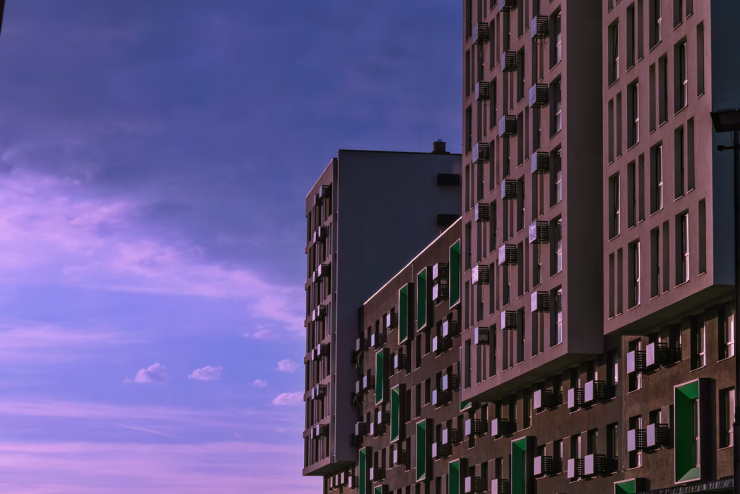Commercial applications for virtual reality (VR) technology are becoming more prevalent thanks to leaps in processing power, providing a great opportunity for housebuilders to deliver a richer sales experience for consumers.
Companies involved with designing, building and selling residential properties are now using VR; a rich and immersive engagement and sales tool that meets modern consumers’ demands for immediacy and experience.
But what sort of a role will VR play in the property industry, and how can housebuilders use it to their advantage to improve user experiences?
Maximising viewing capabilities
For customers interested in purchasing a new residential property, one of the more arduous tasks can be the process of going around and viewing each plot individually. If your search spans a large geographical area, seeing more than one property in a day can be a challenge. However, this challenge can be overcome with the help of VR in property.
The major benefit housebuilders see from implementing VR solutions is that customers can view show homes without having to travel and at a time that suits them. Through the application of VR technologies, buyers can fully immerse themselves into their potential new home by VR residential property viewings.
Not only that, when visiting a site sales office, using VR in housebuilding enables customers to view multiple properties in a single appointment, giving the estate agent or housebuilder the opportunity to showcase more of its offering to potential buyers.
Configurations to meet the buyer's needs
The ability to create ever-changing environments makes virtual reality property viewing the perfect platform for the property industry to showcase its residential portfolio of house types, choices and extras.
Using CGI VR means that customers can not only navigate show homes, but also configure detailed purchasing options and upgrades across rooms, even before a house has been built. This gives them a clear view of the end product and provides the seller with an opportunity to upsell products.
At the moment, VR in property is only a personal experience, with just one person at a time being able to interact with their environment – which isn’t ideal for couples or families wanting to look around a new home. But as the technology advances and with the addition of VR headsets, there will be a real opportunity for the residential property sector to create improved, shared group experiences.
Virtual Open Houses and VR Live Streaming will become increasingly popular in the future, as these enable customers to view properties and engage with sellers in real-time.
Integration
As much as VR technologies are becoming more prevalent in the house building industry, they often operate as a standalone sales and marketing tool focusing purely on visuals, without any integration with core sales, commercial and production systems.
For example, integration with sales tools/CRM systems (e.g. Salesforce) automates the process of product selection within the virtual environment, directly transferring real-time data to sales teams to generate orders and quotes; as well as this, integration with back-end ERP systems (e.g. COINS) automates the process of carrying customer selections through to production.
This integration takes VR applications from innovative customer engagement tools, to commercially advantageous, effective business solutions.
Combating the practicalities
Although there are huge benefits to implementing residential property VR systems within the sector, there are still challenges to overcome in having this widely available.
The size and volume of digital assets that require managing within housebuilding VR can be challenging. It often means reviewing various processes such as hosting requirements and methods for distributing 3D and VR models.
Similarly, today’s VR hardware is relatively bulky and expensive, but we are seeing a continuous reduction in sizes and cost of devices which will make the use of virtual reality in the property industry far more accessible.
VR in housebuilding looks to become a major focus in the residential property industry, through the benefits businesses and customers alike can take from it. It will be very exciting to see how far software development is taken in creating a fully-immersive environment that a group of customers can experience at any one time.
For insightful and inspiring case studies from how Audacia worked with other businesses, view our projects.


